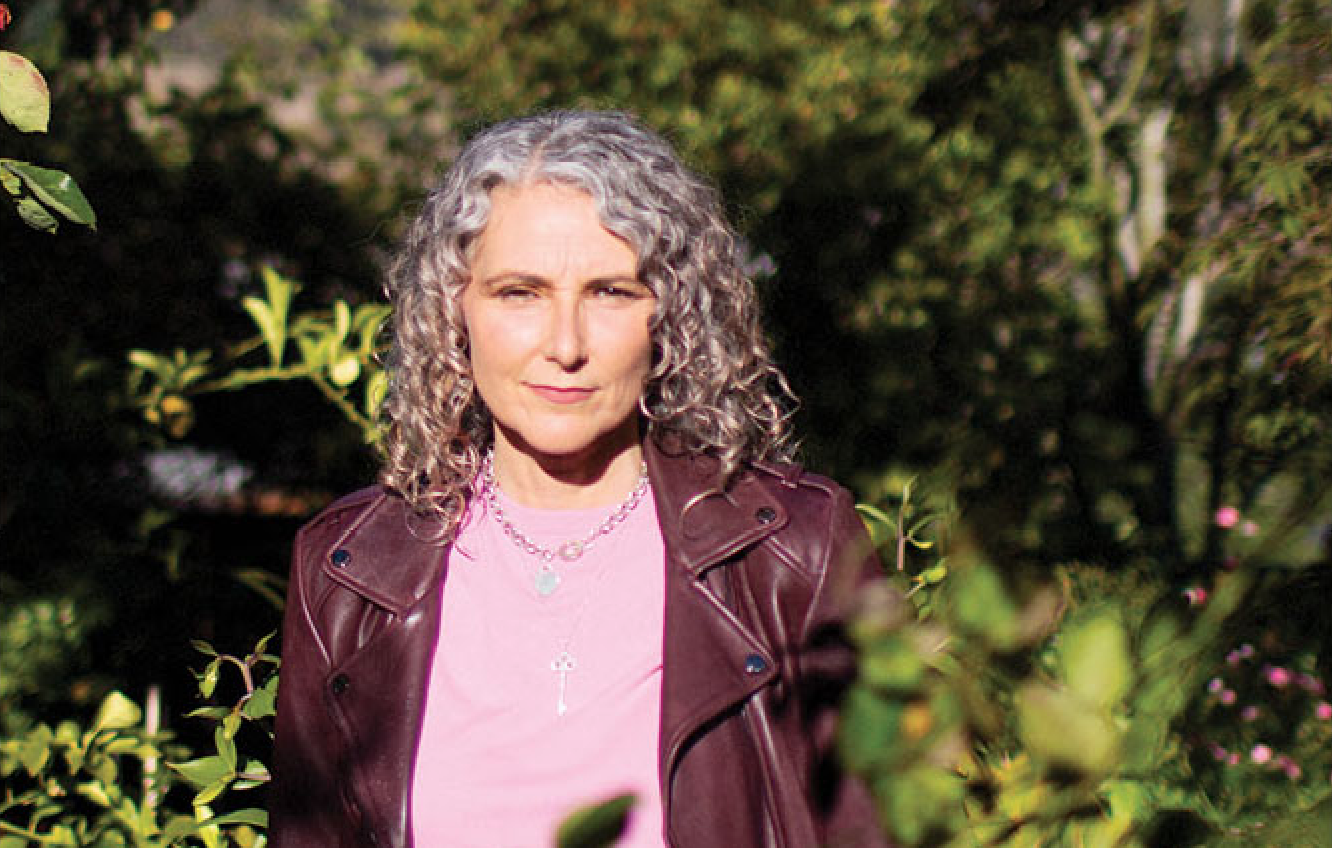
Female Genital Mutilation today is considered an international violation of human rights of girls and women. According to the World Health Organization, “it reflects deep-rooted inequality between the sexes, and constitutes an extreme form of discrimination against women.”
It is a heinous practice, often referred to dubiously as “female circumcision” that happens mainly in African and Middle Eastern regions. More than 125 million girls in the world today have been “cut” in 29 countries in the aforementioned regions. Experts say FGM is more of a cultural practice than a religious one, where it is believed disfiguring a girl’s genitals from a young age will help her remain “pure” for marriage when the time comes.
However, FGM does the opposite of what those in favor of it believe. It actually can in some cases cause long-lasting health problems such as bleeding, infertility, bladder and urinary tract infections (as the vagina is sewn up after the procedure with only a small opening left for urination), an increased risk in childbirth, and in some extreme cases, it sadly leads to death.
The belief that a woman’s sexual libido needs to be eliminated for her to be seen as a suitable woman in certain cultures and societies is all sorts of wrong. Cutting a woman’s sexual organ in order to make sex too painful an act to even consider is an abhorrent crime. This is the 21st century, and women deserve to have autonomous rights over their healthcare. But just like in America where our battle for women’s healthcare is focused on reproductive rights, elsewhere in the world women have to battle other sets of beliefs and measures that seek to repress their decision-making capabilities.
And just so we are clear, although the practice is mainly carried out in the Middle East and Africa, FGM is not specifically a Muslim or religious problem. It happens in plenty of non-Muslim cultures also.

But the more these issues are discussed on an international level among political leaders, activist organizations, and in the media, the more change will happens. We have seen the effects of this in two countries in Africa which have finally taken the step to make FGM illegal.
The first country is Nigeria, the African continent’s most populous nation. FGM was banned earlier this year in May by outgoing President Goodluck Jonathan as it was included it in the Violence Against Person Act of 2015 and passed by the Senate. Current President Muhammadu Buhari signed it into law when he came into office.
The hope is that with a new law in place, it will drastically curb the amount of procedures being carried out in light of harsher penalties. In order to combat societal and cultural pressure to continue the barbaric practice, communities and families have to play their part in preventing and reporting such cases.
UN Data from 2014 states that a quarter of all women in Nigeria have undergone FGM, however UNICEF also reports that teenage girls were now one-third less likely to undergo FGM today than 30 years ago.
“It is crucial that we scale up efforts to change traditional cultural views that underpin violence against women. Only then will this harmful practice be eliminated,” said Stella Mukasa, director of Gender, Violence and Rights at the International Center for Research on Women (a Washington DC-based global research institute focused on women and girls), to the Guardian about the new Nigerian law.

But the citizens of Nigeria are not alone is facing a new frontier for the rights of women and girls, as another African country has announced they are putting an end to the allowance of FGM for good. The Gambia is the latest country to join this fight, as President Yahya Jammeh said in late November the ban was in effect immediately, but they are yet to draft the bill.
It is reported that 76% of females have been subjected to it, despite some religious leaders denying it exists or happens in their communities. The age at which FGM takes place in The Gambia is not recorded, but it is reported that the trend of practicing FGM on infant girls is increasing. By the age of 14, 56% of female children in the country have had the procedure.
This historic and important decision came about partly due to the Guardian’s international campaign to end FGM, where Gambian activist Jaha Dukureh used her own story of undergoing to procedure to raise awareness about why it needs to stop. The Guardian campaign also helped bring about changes in legislation in the UK where authorities and communities and have seen a rise in the practice among immigrants who move to the UK from countries where FGM is common.
“I’m really amazed that the president did this. I didn’t expect this in a million years. I’m just really proud of my country and I’m really, really happy. I think the president cared about the issue, it was just something that was never brought to his attention,” she told the Guardian in an statement.
And although this new law is going to make a huge difference in the lives of many girls across the country, it could potentially hurt President Yahya Jammeh politically.

“The amazing thing is it’s election season. This could cost the president the election. He put women and girls first, this could negatively affect him, but this shows he cares more about women than losing people’s votes,” said Jaha.
The determined activist received a phone call from her President after the announcement was made, where he congratulated her on her successful campaigning to end FGM for all girls. One of the key tools that is evidence of change is breaking the silence. The more activists, women, communities, families and even the media speak about the awful human rights violation that is FGM, the more it can lead to profound change.
The Guardian hopes this will happen in Somalia, which has the highest prevalence of FGM in the world. If they do eventually outlaw the practice, they will join 18 other countries in Africa which have officially made FGM illegal, including Central African Republic, Egypt, South Africa, and of course Nigeria and now The Gambia.
We certainly hope to be reporting on similar news in the future. In the meantime, watch the video below to see more of what The Guardian is doing with their anti-FGM global campaign:

















2 thoughts on “Nigeria & The Gambia Banning Female Genital Mutilation Is A Major Win For Women’s Rights”